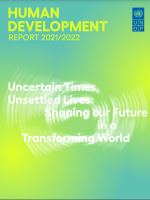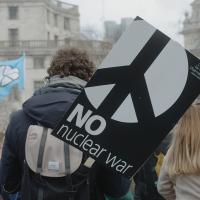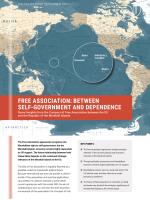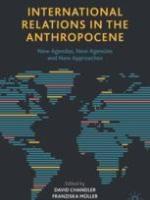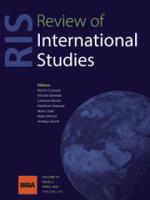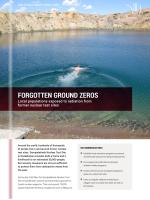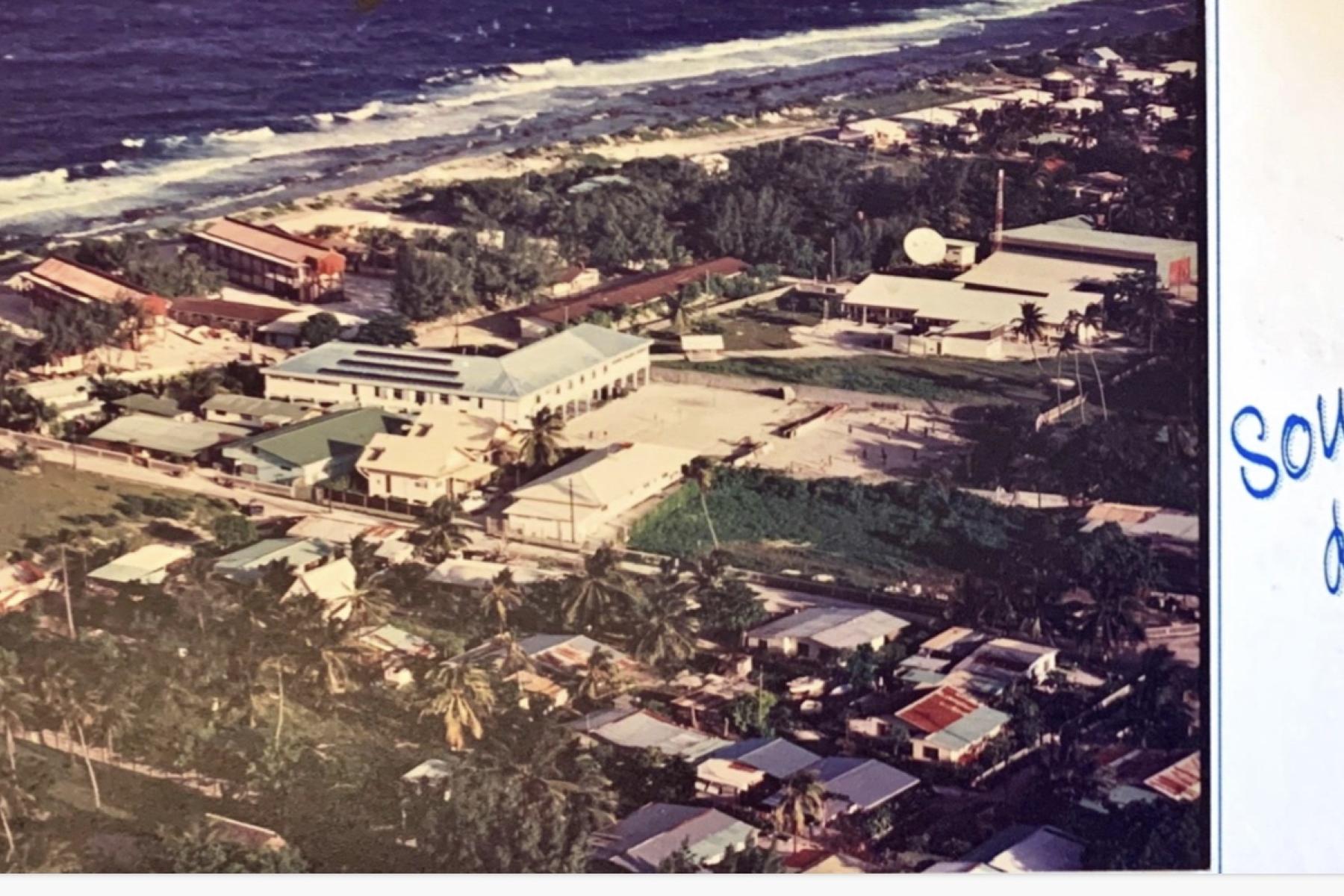Radioactive Ruins: Security in the Age of the Anthropocene
This project explores the Anthropocene as the radioactive afterlife of the Cold War. Often associated with climate change, the Anthropocene denotes a new geologic epoch characterized by the destructive impact of humans upon planet Earth. This project explores the oft-overlooked nuclear origins of this new age through three in-depth empirical studies of former Cold War nuclear test sites: the Marshall Islands, Kazakhstan and French Polynesia. By examining the everyday experiences of security at these forgotten ground zeros of the Anthropocene, this project contributes new empirical knowledge to answer a central theoretical question: What does it mean to speak of security in an age of global ruination?
The RADIANT project runs from 2018-2022 and is carried out by DIIS researchers Rens van Munster, Magdalena Stawkowsi and Lis Kayser, who will conduct extensive fieldwork in French Polynesia, Kazakhstan and the Marshall Islands. The project is funded by the Danish Council for Independent Research (DFF – FSE) and the Danish Institute for International Studies (DIIS).
Explainer video: Nuclear disarmament
In this short explainer video three researchers and a former diplomat explain how and why nuclear weapons are seen as important for defense by some super powers, and discuss the challenges of disarmament today.
Research and activites
Contact



